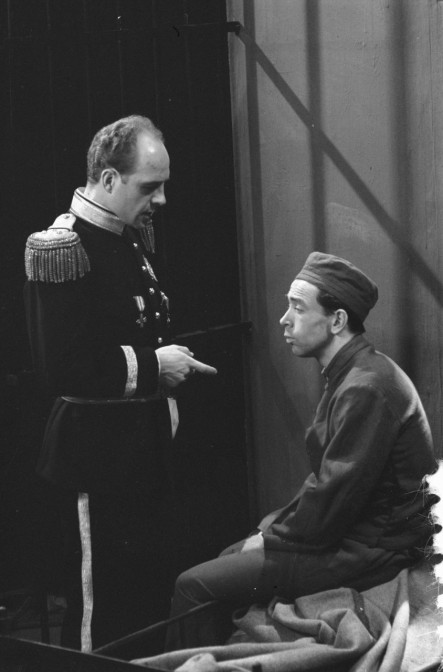To me, one of the best aspects of the internet is that it gives everybody a channel to publish whatever they want. No editors that tell you what you can or cannot do, everybody is their own publisher. This has resulted in a wide range of publications, ranging from copy-paste jobs without citations to well-researched works that would not be out of place in a peer-reviewed journal.
Due to software that automatically detects ‘matches’ in other trees and allow you to add these persons to your own tree, there is a great proliferation of information. Mistakes spread with the speed of a mouse click.
Online I see a lot of irritation, aggression even, about those copied trees. How dare a beginner just copy everything? Does he not realize that he contributes to the noise by spreading the disinformation? The author is notified of the error of his ways and told to mention his sources. And if he does not want to do that, people get upset. I even heard a suggestion that people should first get a genealogy certificate before being allowed to post trees online.
Personally, I have a different viewpoint. I do not think it is up to me to determine how someone else does their hobby (or profession). Take my neighbor’s kid, for example: I am not going to tell him to take singing lessons before he sings, however much that would please me. Of course, I much prefer a well-documented story, but even copied trees can hold vital clues.
As an experienced genealogist, I have the skills to assess the reliability of sources. I know that a birth date in a birth record is more reliable than a birth date in a population register, and that I should consult an original record rather than an index. The same analytical skills also allow me to assess the reliability of online publications, which limits the effect that these errors have on me.
There is so much to learn that a beginner may well become overwhelmed. Let’s focus on making and keeping budding genealogists excited. Not by telling them off like a policeman, but setting inspiring examples and by helping them with their research so they can see for themselves how they benefit from sound research and documentation practices. But if they still want to do things their own way? Then that is their choice that we should respect.

Police officer (TV show). Credits: Nationaal Archief


I think you are absolutely correct. I get the skeleton of my tree first and then try and prove it true. Like you said, it is a hobby, and like knitting or crocheting you can drop a stitch or two and make an ugly sweater. Nobody is forcing anybody to wear the ugly sweater. Don’t look, if you don’t like right!
I like your sweater analogy. If people started copying that, the world would get uglier too 🙂
I agree with you Yvette. First of all we can’t enforce standards in the public domain. And newcomers need to start somewhere easy.